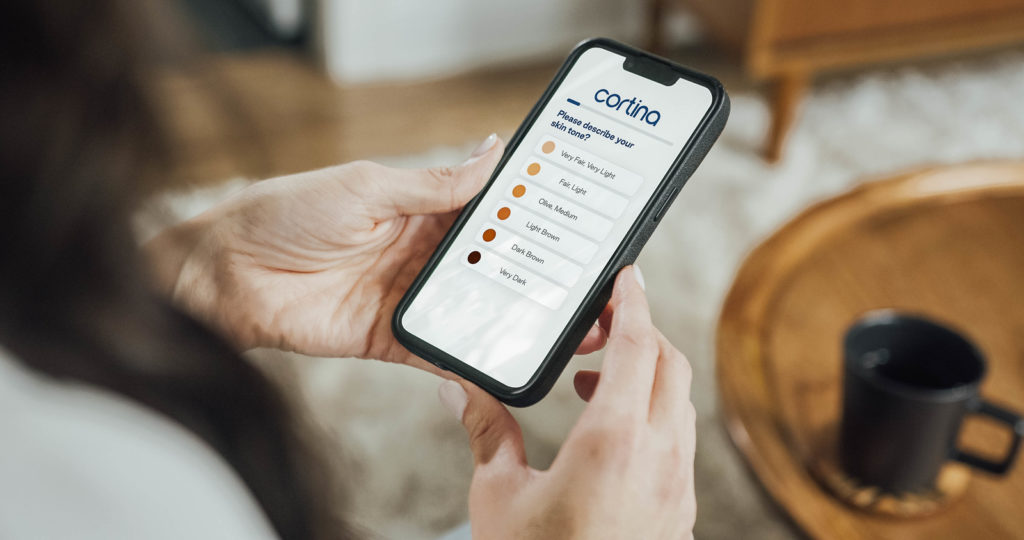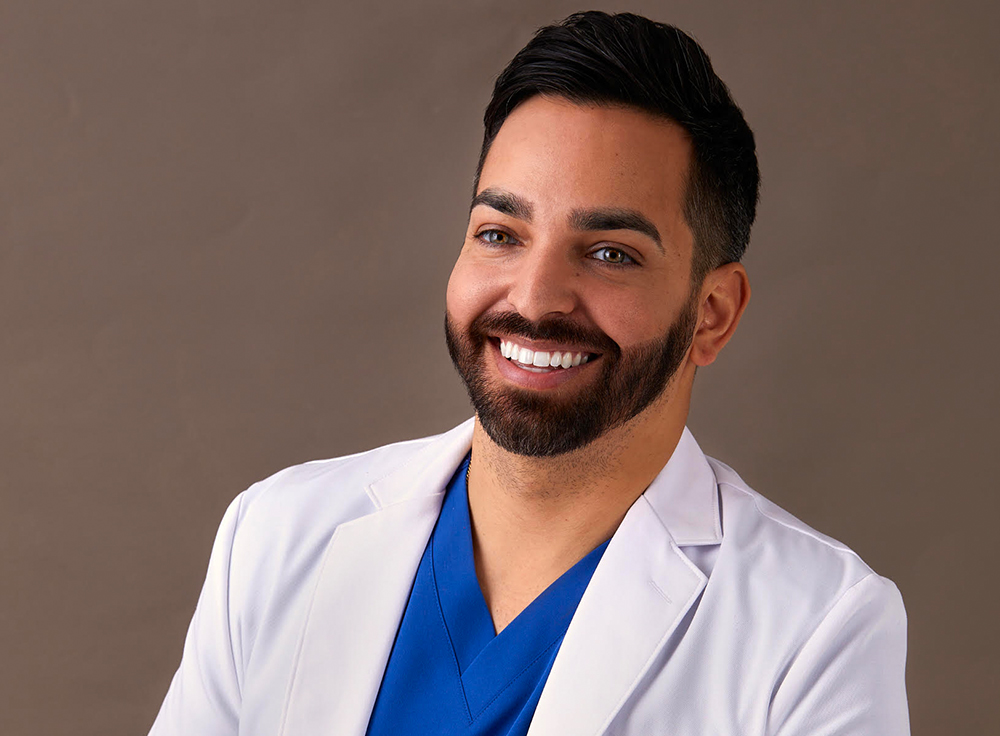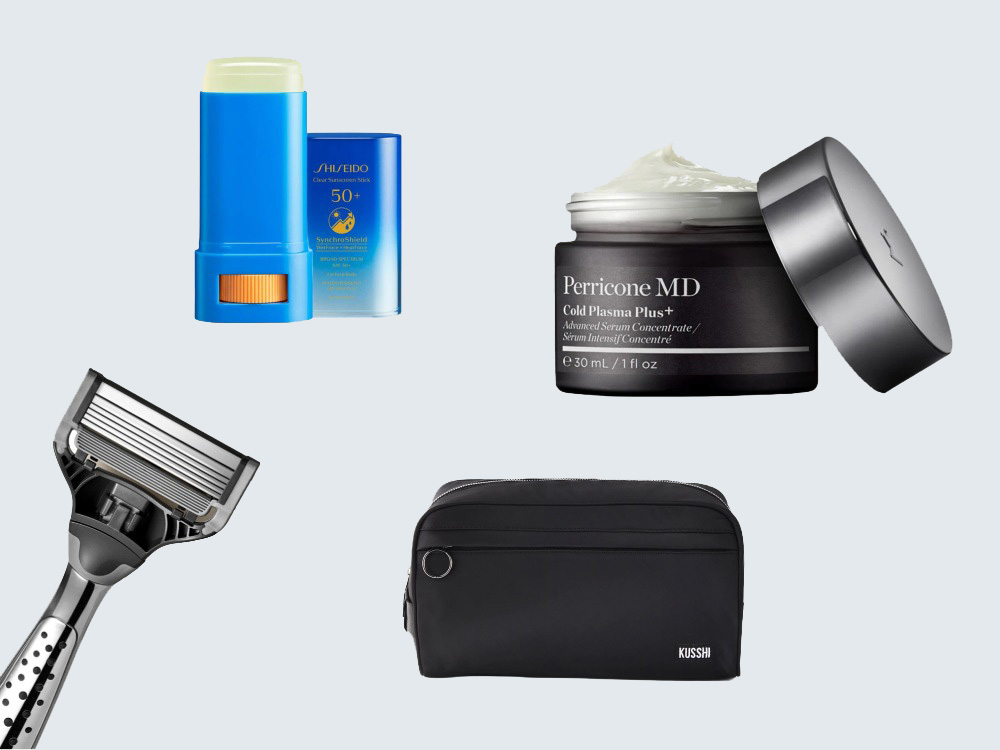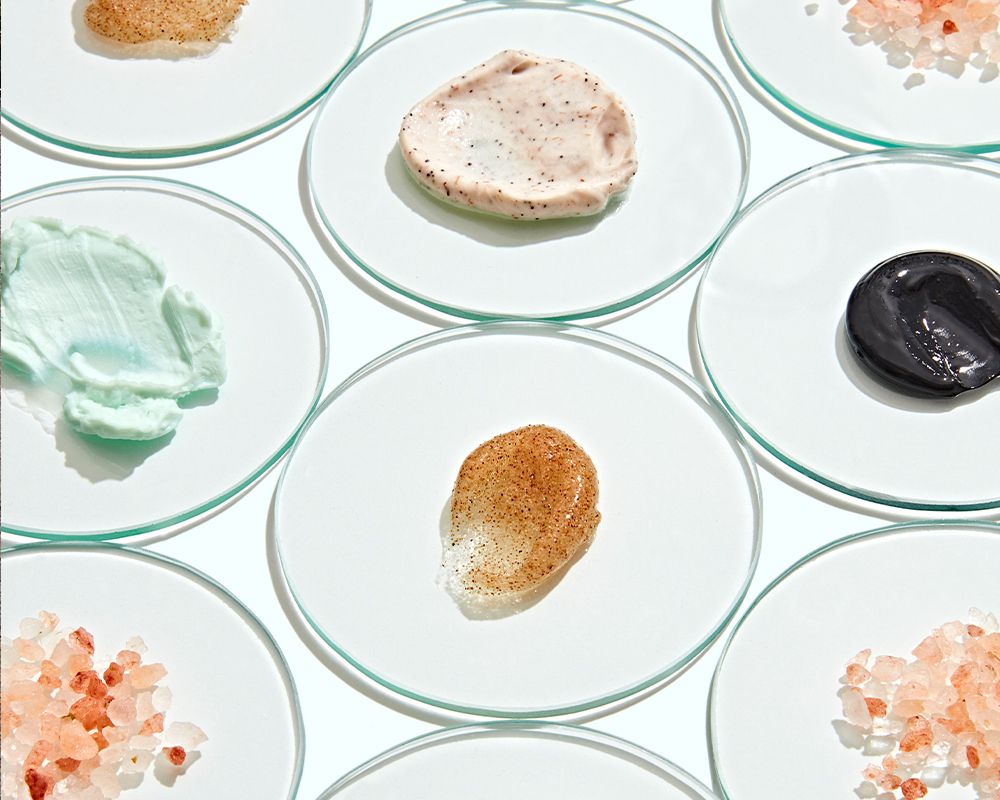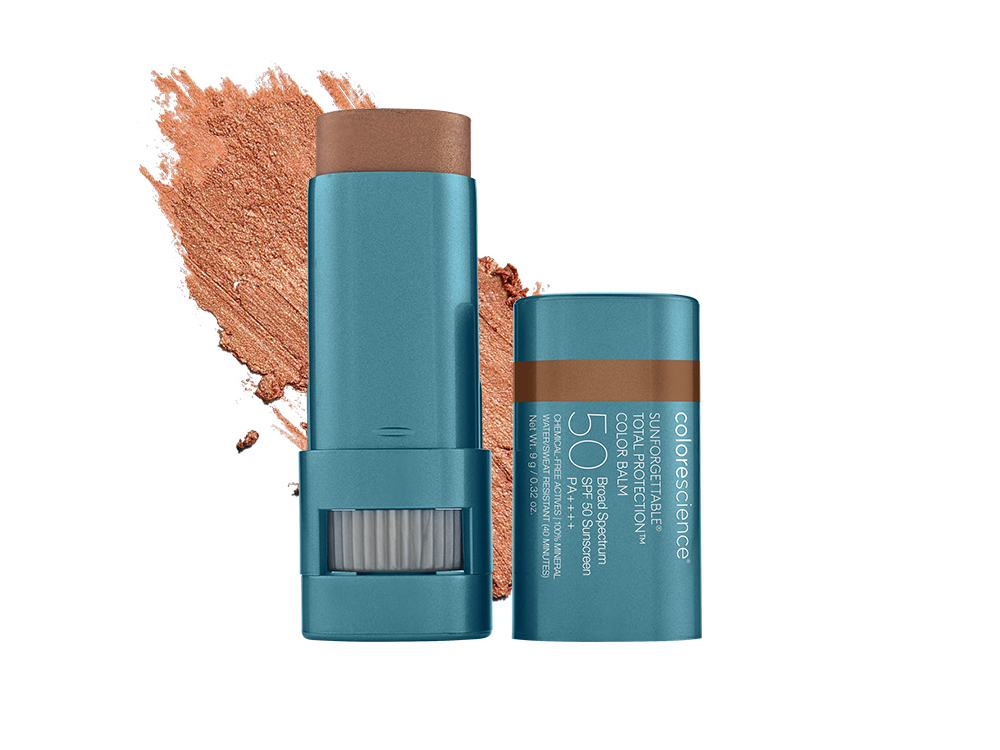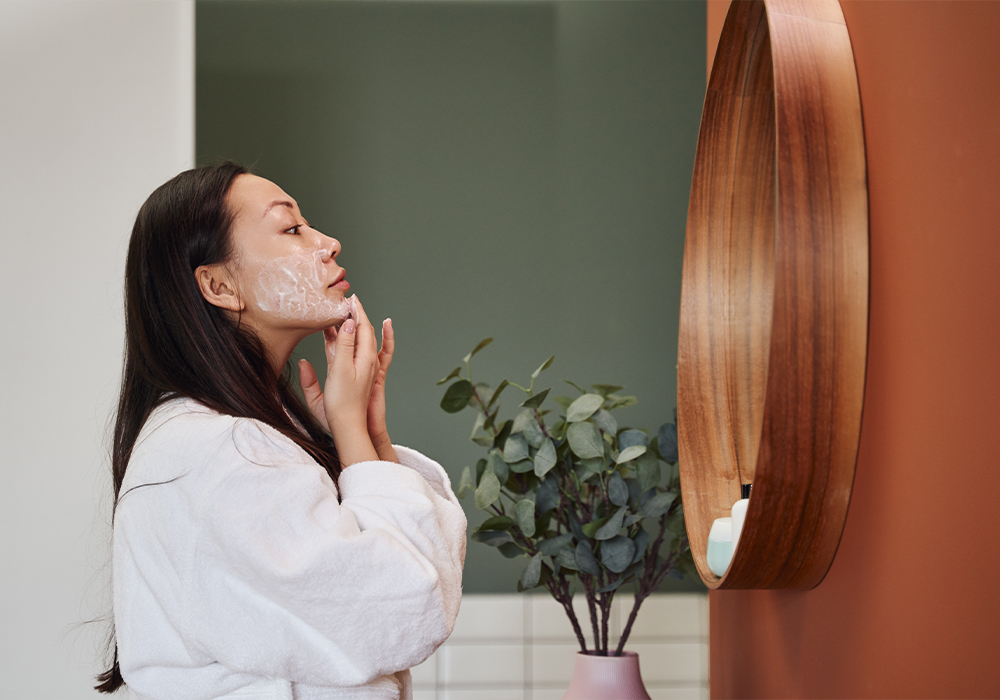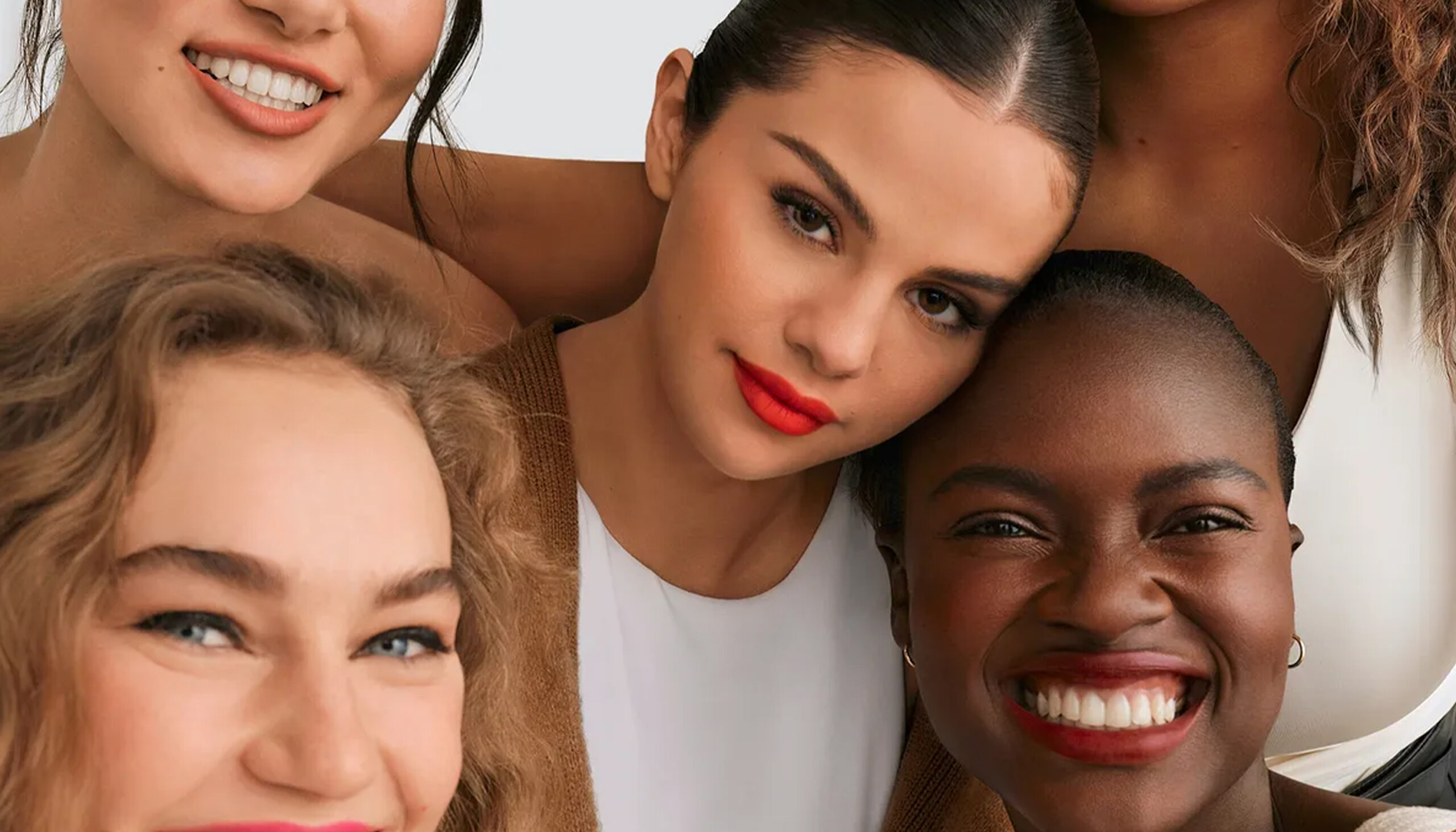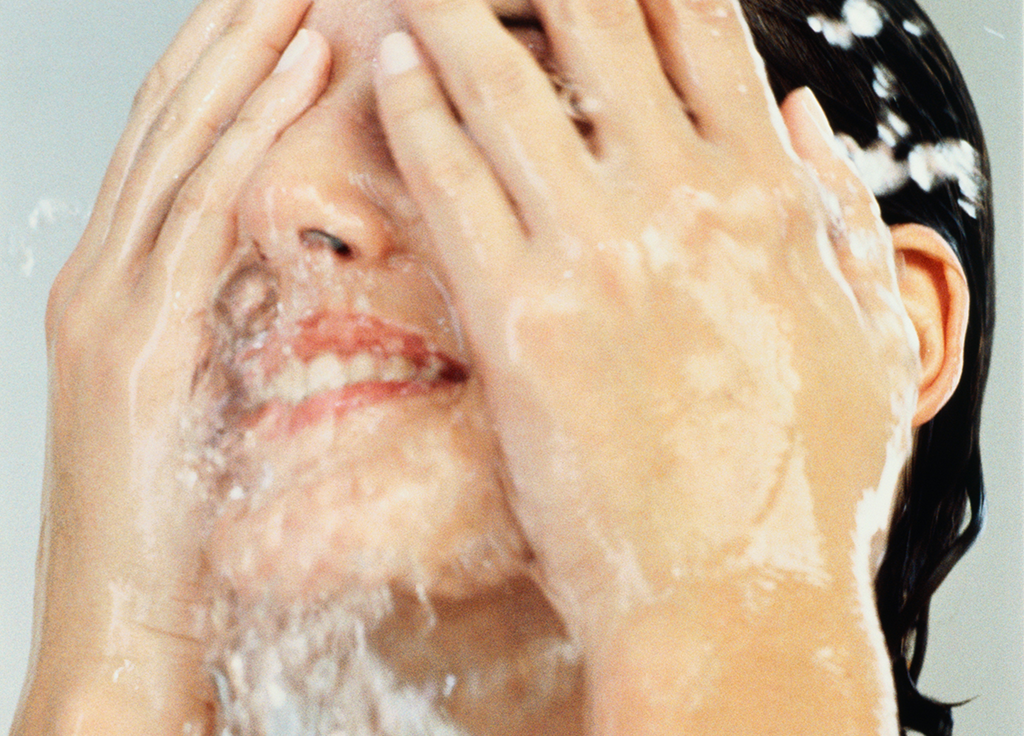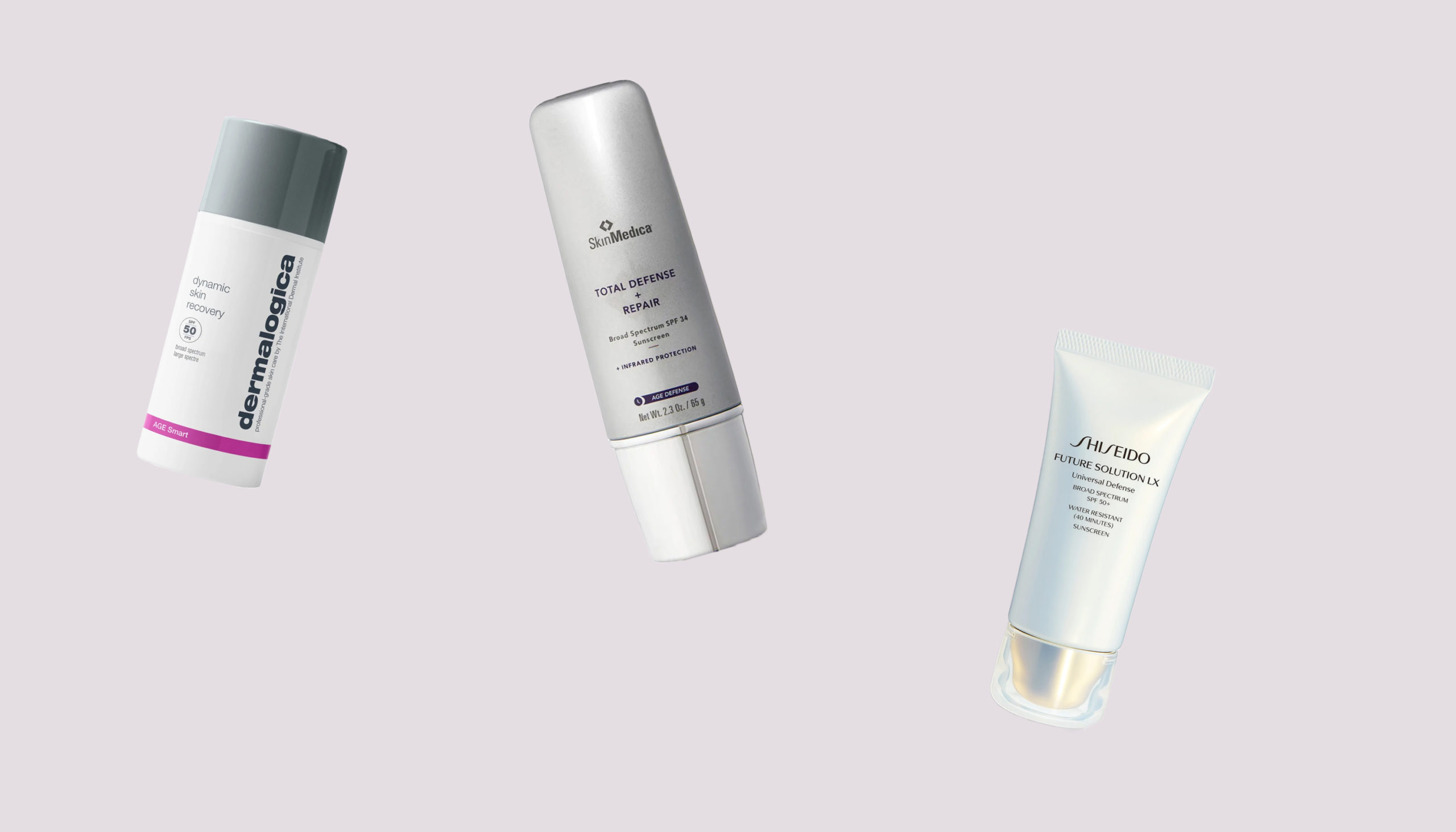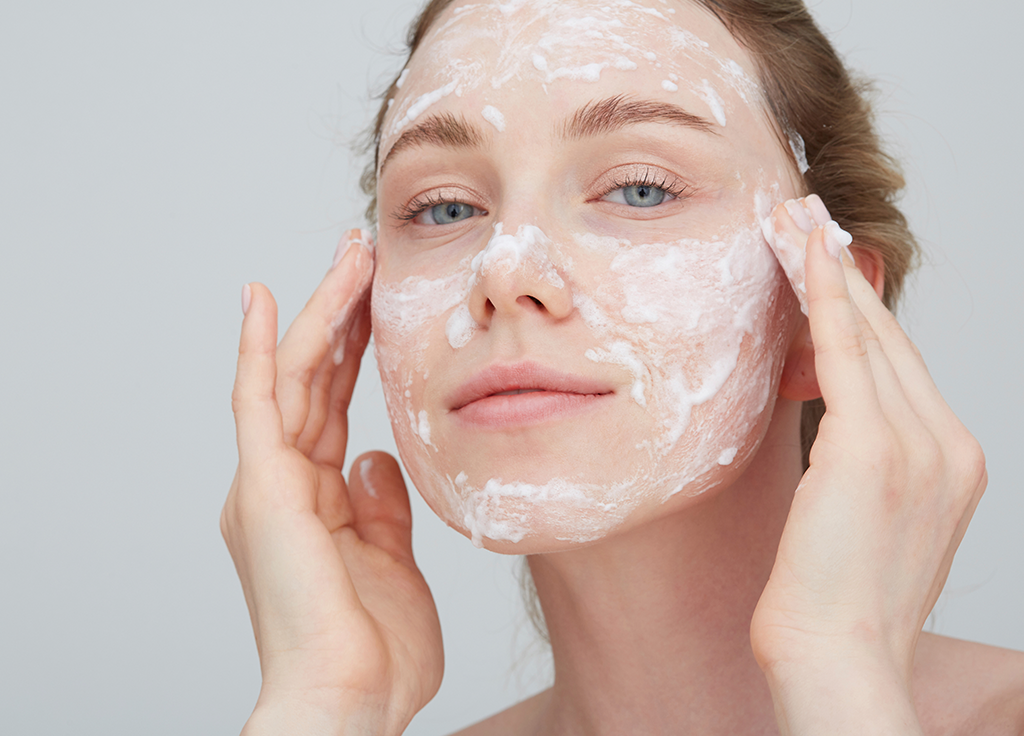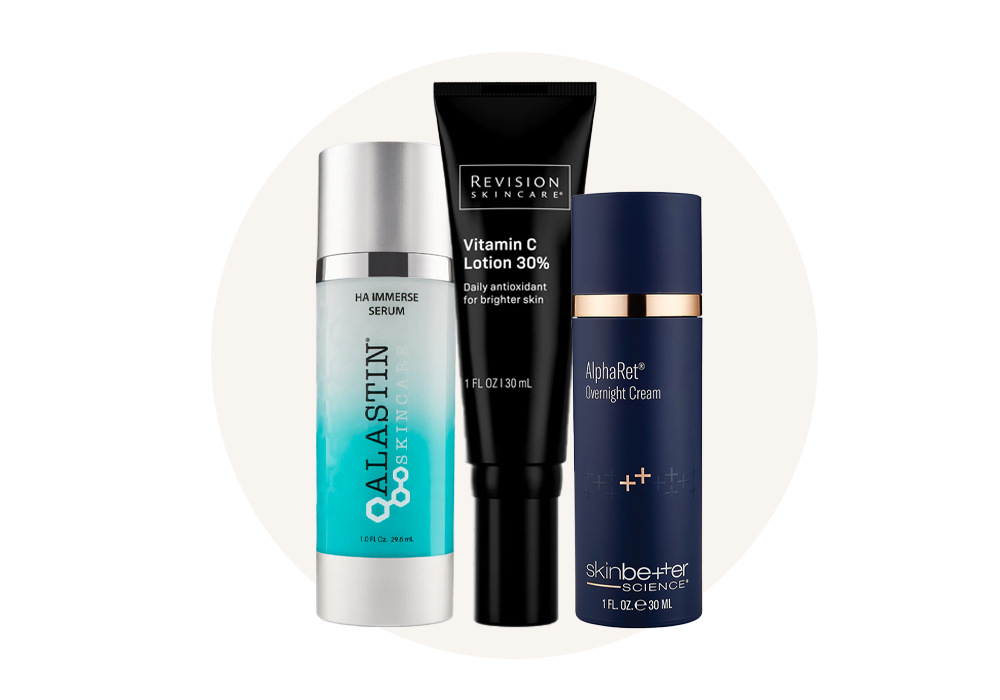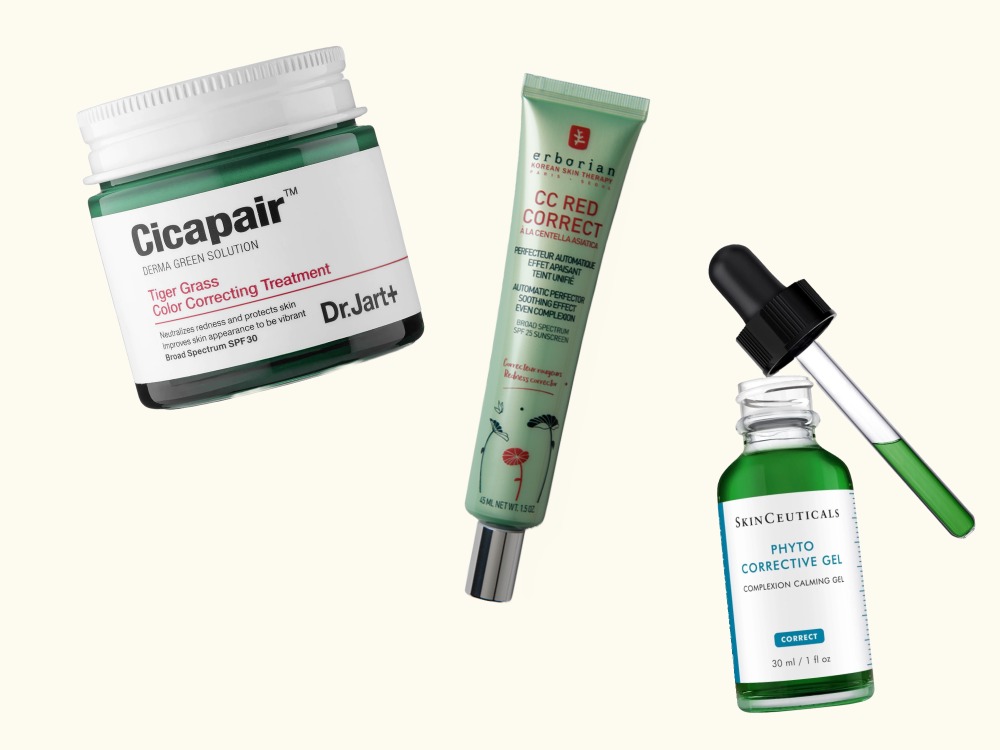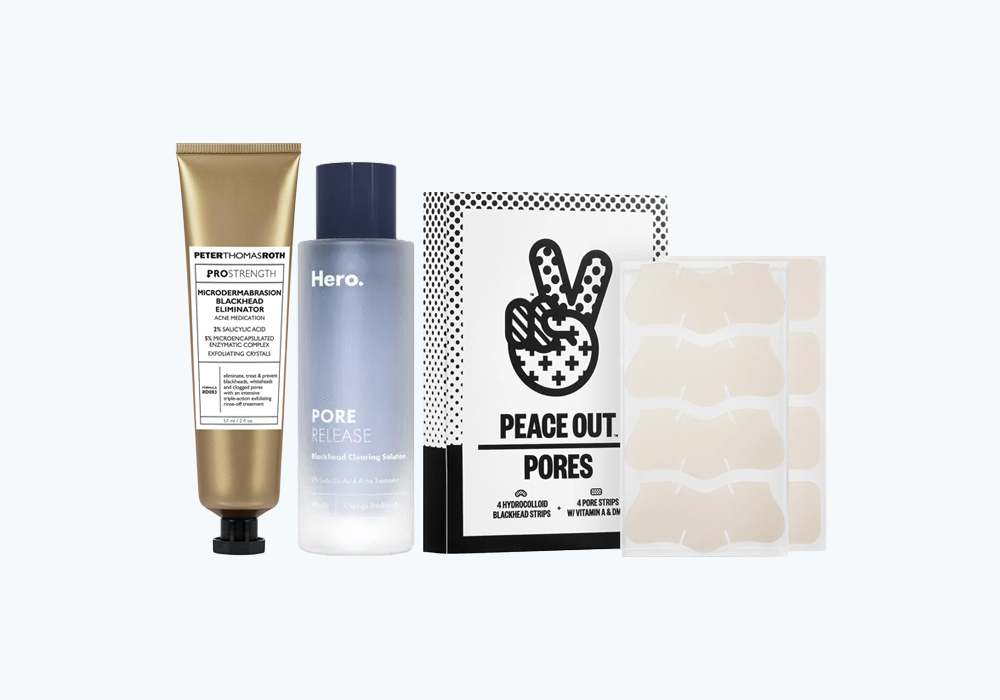Whether you know him as “Doctorly” on Instagram or “DermDoctor” on TikTok (where he has 17.7 million followers), Dr. Muneeb Shah is a board-certified dermatologist with a passion for education. For anyone interested in medical, cosmetic and procedural dermatology, he is one to follow, and knows how to keeps things informative but entertaining. The doctor recently took some time away from his beloved reaction videos to chat with me via Zoom about the best new in-office treatments, skin-care trends for 2023 and more.
What do you predict will be the biggest skin-care trends this year?
“During the pandemic, I think people were really focused on skin care rather than makeup because they weren’t going out as much. Now makeup is back, but people are much more aware of what they should and shouldn’t put on their skin, so I think skin care–infused makeup is going to be a big trend. The idea of putting makeup on that’s actually benefitting the skin is becoming more top-of-mind for consumers.
Another thing I think will be big this year is menopausal skin care. I’m excited about the research that’s coming out on some of the molecules that seem to have a benefit in estrogen-depleted skin. There are changes that happen to the skin when estrogen levels drop, so there is a benefit to exploring this idea further.”
What are some of the biggest skin-care mistakes you think people make?
“I think one of the biggest mistakes people make is following other people’s skin-care routines too closely. They see a product go viral that really worked great for the person who made the video, and they think it will do the same for them. I don’t think the person who made the video is being inauthentic—I’m sure the product really helped them—but a lot of people think, ‘If they have that outcome with that product, then I’ll have that outcome with that product.’ People need to be aware that they have different skin and different skin issues as well. Everyone seems to think there’s going to be a product that’s a cure-all.
The other mistake I think people make is not sticking to something long enough. Our skin takes at least a month to see results, but usually about two or three months to say, ‘Hey, this is working or isn’t.’ I think most people just don’t give it enough time and don’t have enough confidence in the product itself. If they don’t see a result within a few days or a couple weeks, they just give it up. For most people, if you’re thoughtful about the ingredients you pick and products you choose, you really do need to be patient to see results.”
I think a great example of “giving up too soon” is with retinol products. People need to get past the purge! Do you agree?
“Yes, that’s a perfect example. A lot of people say they tried retinol and it made their skin worse, but they were just on the verge of passing that purging point where their acne could have gotten better, but you gave it up too quickly. That’s why the education around skin-care products is so important. It’s not like makeup where you see an immediate result when you apply it.”
Are there any in-office treatments you’re excited about right now?
“We do a ton of procedures in our office, and we have a bunch of new devices. I’ve seen the literature coming out and there’s really exciting stuff on the horizon. There have also been so many advancements in IPL (Intense Pulsed Light), which can target anything from redness on the skin to brown spots and sun damage that you see as you age. The filters have developed for these devices so that we can get really targeted and specific with them, so I’ve been having a lot of fun with our IPL devices in our office right now. A lot of people think all cosmetic treatments will change the way you look, but things like IPL and certain lasers won’t make you look different or unnatural, only more refreshed and healthy.”
What about Daxxify?
“Daxxify has been in the works for a while, but it’s interesting because it was almost like everyone posted about it at the same time—there was a big splash in the beauty industry and with a lot of dermatologists. To me, I’m not that excited about it if I’m being completely honest. Essentially it’s just a neuromodulator that lasts longer, which is good, but it also has downsides right?
For example, if I had a first-time neuromodulator patient coming in, I probably wouldn’t use Daxxify because they may hate the way it looks and we can’t reverse the results like we can with hyaluronic acid filler. Or, the patient may have abnormal anatomy and the injection may cause an adverse result. It’s not a mis-injection by the provider; it’s actually that the patient’s anatomy is different. But, for someone who gets Botox, Dysport, Xeomin or Jeuveau every three months and they want to decrease their visits and have a longer-lasting effect, Daxxify is definitely an improvement.”
Do you think teledermatology is going to be a big trend as well?
“Yes. The idea of teledermatology and telemedicine in general has been in discussions within the medical community for over a decade, and it seemed so far away because of conversations and pushback about regulation: you can do this in these states, but not others, etc. It was so fascinating to watch during Covid how they changed the laws so quickly and then they were able to enable the technology so quickly. For example, we use a platform called ModMed at our office, and before Covid, it had no features for telederm, and like within a week, it had a telemedicine platform and you could do video conferences and take notes. Once the regulations were lifted a little bit, the technology rolled out so fast.
To me, teledermatology and telemedicine are going to happen no matter what because if you think about my generation and younger, the way they interact with the world is using technology to make their lives as easy as possible. For a lot of people, it’s not easy to go to the doctor; it’s not easy to find a doctor in real life, and one you like that’s also available to fit your schedule. The technology now exists, the regulation has been lifted slightly, and it’s happening. From my point of view, I knew I wanted to be involved, but I just wanted to make sure I was involved in a way where the sanctity of healthcare and the ‘do no harm’ aspect was preserved.”
You’ve partnered with a teledermatology platform called Cortina. Why did you pick that one?
“I had been approached by several companies and ended up partnering with Cortina because they’re the only one right now using exclusively board-certified dermatologists to make the diagnosis. They’re using technology to help stratify the patients to make the diagnoses faster, more efficient and more accurate. They’re in all 50 states, they’re using really good and interesting formulas, and they’re affordable. It’s increasing access in a way that I think is safe and effective.”
